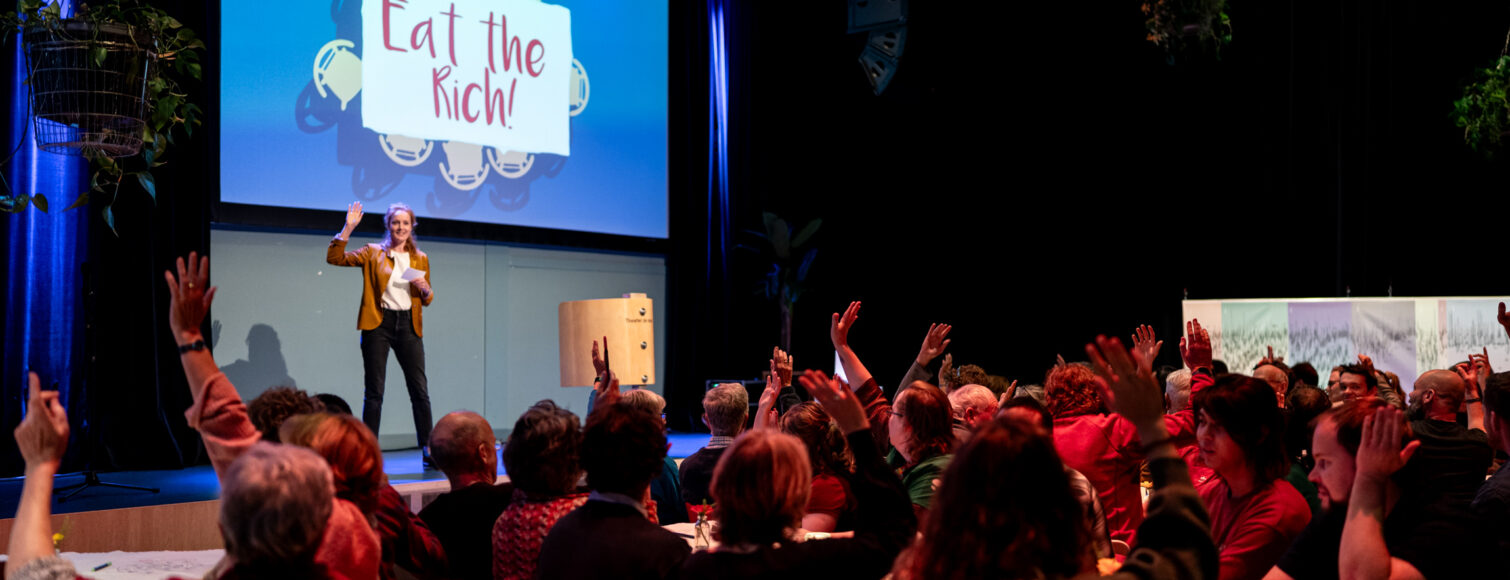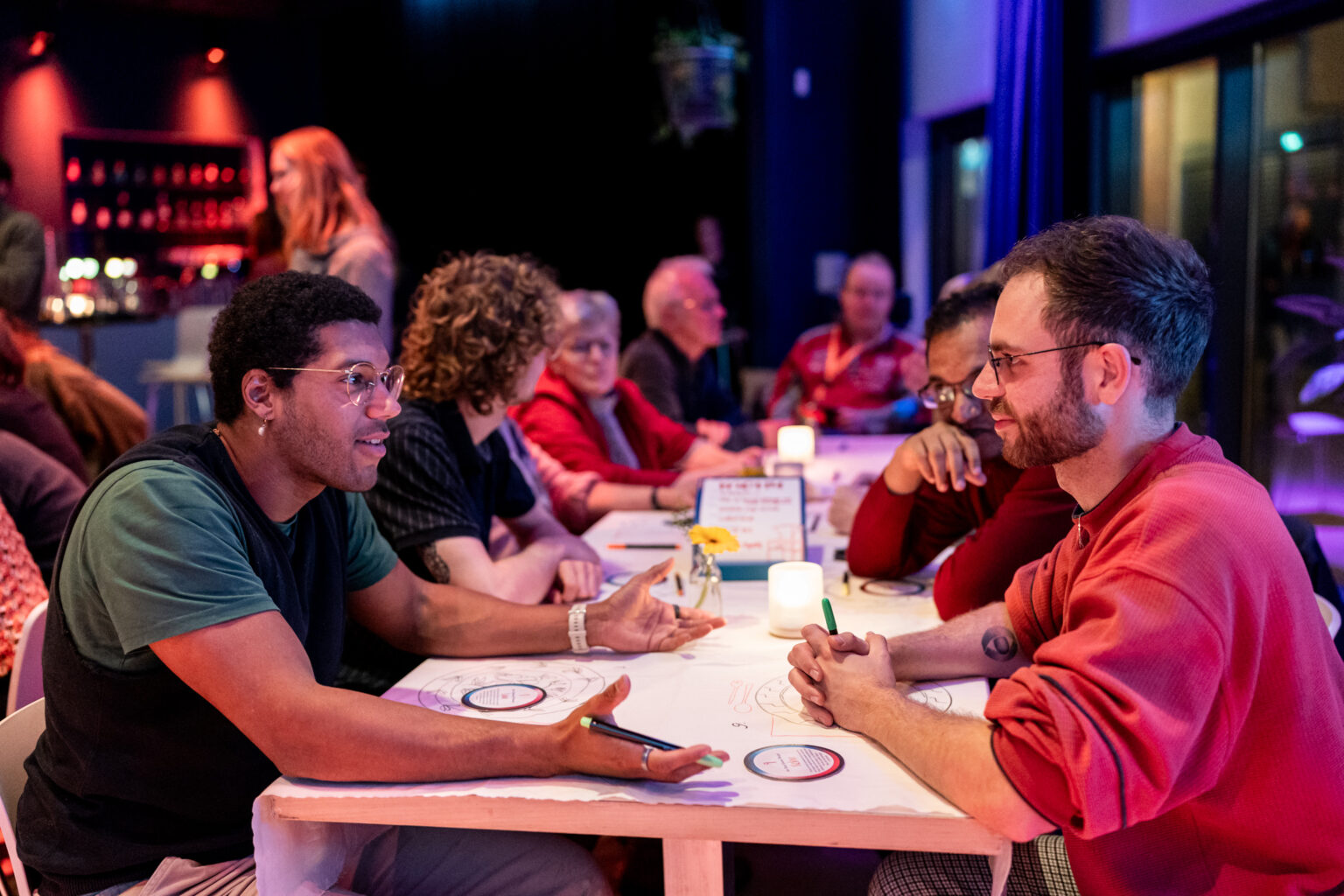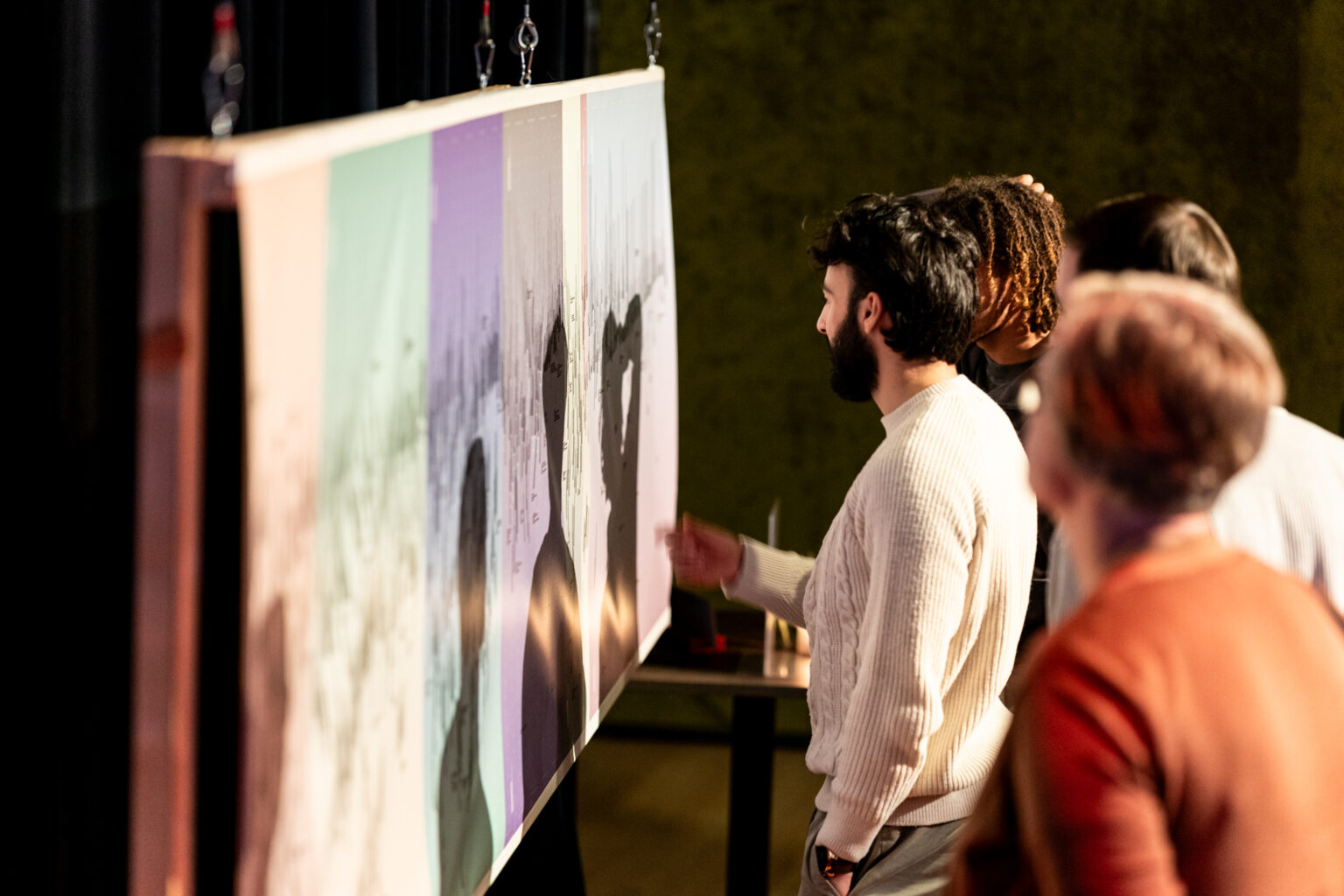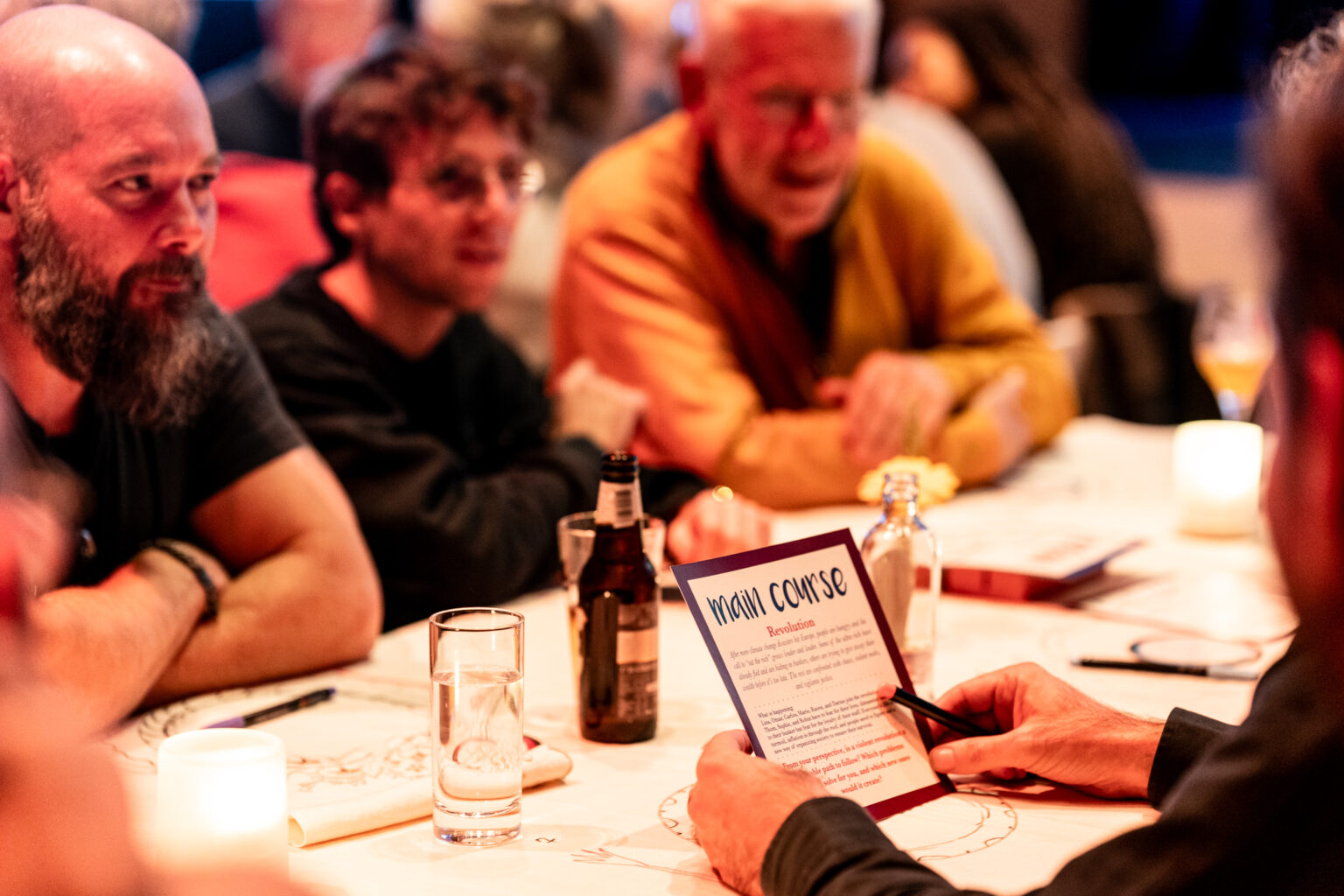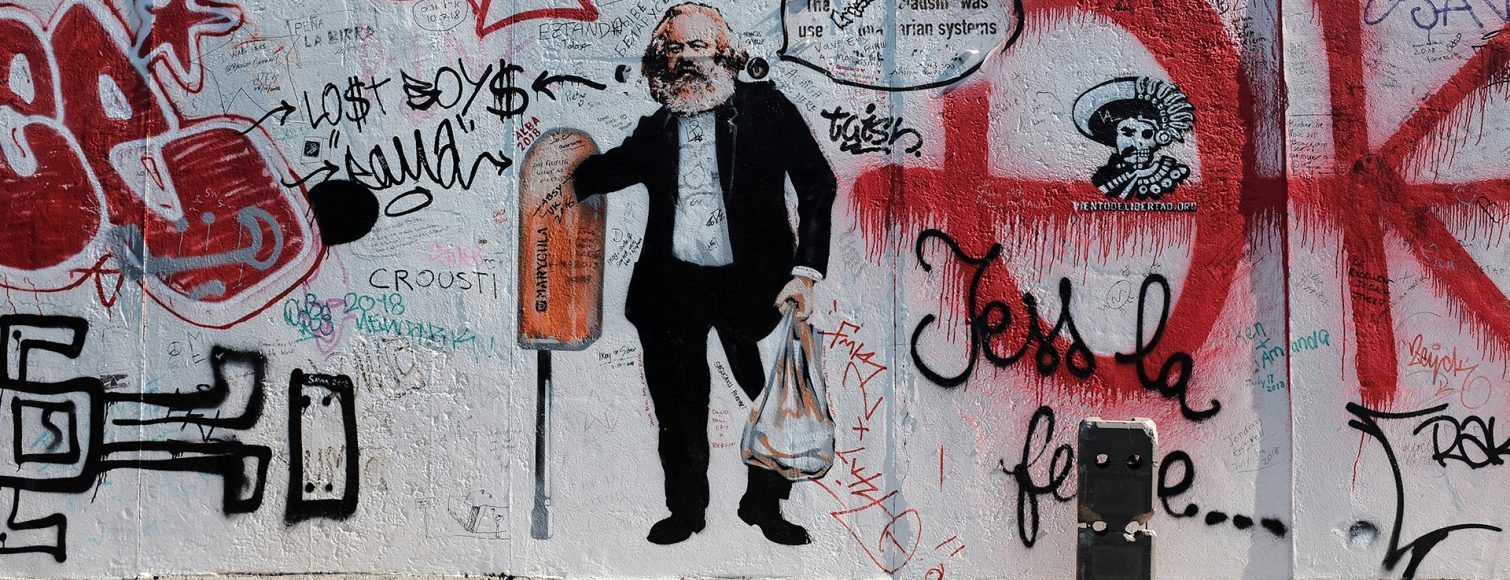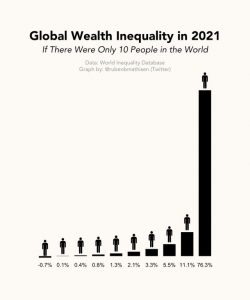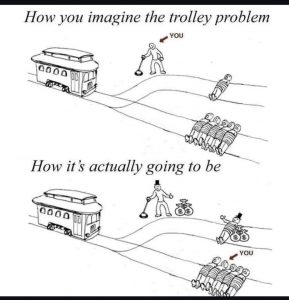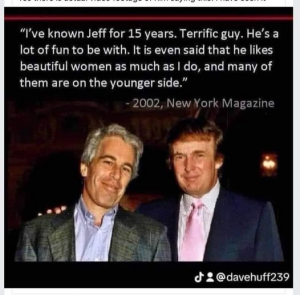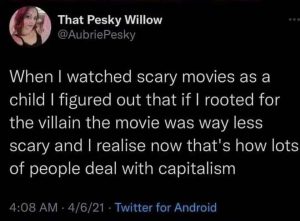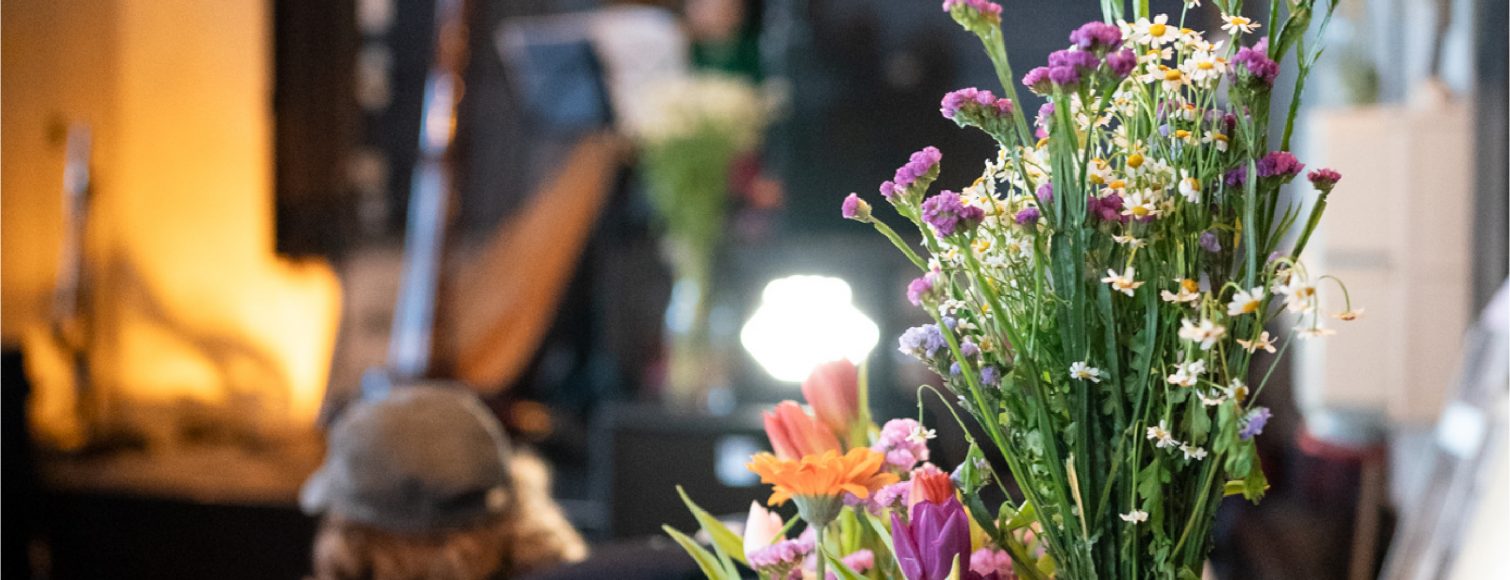I should have taken a moment to think before I suggested that Studium Generale choose “Loneliness” as its theme for this term. We’ve got a whole line-up of thought-provoking, artful, innovative events around loneliness. Last week, I attended the first ones. In the writing workshop run by our colleague from Exhale, Harriet Foyster, I was hit by profound sadness. With that amused detachment that I sometimes feel towards myself, I realised that loneliness is a sensitive topic for me. And I had chosen to fill several months’ worth of my working life with it. Brilliant move, I thought of myself, like a weary elder looking down on a slightly obtuse young relative.

On to Augustine. Bear with me, you’ll see where this is coming from. Saint Augustine, or Augustine of Hippo, was a Christian theologian born in 354 in modern-day Algeria. Sainthood didn’t come easy; while he was a brilliant writer and philosopher, his autobiographical Confessions are full of concubines, hedonism and other worldly pleasures. When he was called on by his mother to mend his ways, Augustine famously prayed:
Grant me chastity and [moderation], but not yet.
If you are looking for hard-earned lessons, look no further. I want to delve into Augustine’s meditations on grief. They come straight from a wounded heart. As a youth, Augustine had a passionate friendship with another young man who died of a fever. (Augustine’s sexuality is hotly contested to this day. As part of the Loneliness theme, we actually have an upcoming event on closetedness. I don’t expect to see Augustine there, but we’ll do our best in his absence.) This death devastated Augustine to the point where his own life became unbearable to him. He wrote:
For I was astonished that other mortals lived, since he whom I loved, as if he would never die, was dead; and I wondered still more that I, who was to him a second self, could live when he was dead. Well did one say of his friend, “Thou half of my soul,” for I felt that my soul and his soul were but one soul in two bodies; and, consequently, my life was a horror to me, because I would not live in half. And therefore, perchance, was I afraid to die, lest he should die wholly whom I had so greatly loved.
Time passes, and Augustine rediscovers solace in the worldly pleasures which his grief had soured for him. He can love and be loved, spend lazy days talking and laughing, debating and philosophising with other friends. Even his grief for his soulmate, it seems, is temporary. He keeps on living the way he always had, drinking with bosom friends, exploring new ideas. It must have felt like a happy escape. Reading this now, it strikes me how sad it seems that even the deepest love of his life can be replaced by new faces and new impressions. The passage of time doesn’t just take away the beloved. Like sand on the beach, even the place that the beloved took up in Augustine’s life is filled in again.
“But yet there succeeded, not certainly other sorrows, yet the causes of other sorrows. For whence had that former sorrow so easily penetrated to the quick, but that I had poured out my soul upon the dust, in loving one who must die as if he were never to die? But what revived and refreshed me especially was the consolations of other friends, with whom I did love what instead of You I loved.”
Here is the crux of his discovery, the insight that Augustine seeks to share with us. His friends, he discovers, will keep dying. He pours his deepest self out onto them, and time comes in like a tide, washing it away. His whole concept of love has been misguided. He writes that we love our friends for all the shared moments which are “so much fuel to melt our souls together, and out of many to make but one.” When our beloved dies, we die too. This is the cause of grief and the reason why it makes life bitter to us.
Perhaps you can see where this is going.
Blessed be he who loves You, and his friend in You, and his enemy for Your sake. For he alone loses none dear to him to whom all are dear in Him who cannot be lost. And who is this but our God, the God that created heaven and earth[?]
Here is the lesson. The deep love you feel for your friends is real, and it is right. But in that passion, to forget their mortality is to lie to yourself. What’s more, you risk opening yourself up to a grief that pollutes your soul and makes your life a burden. So much for the analysis; now the solution. (Brace yourselves, my non-Christian brethren.) Love your friends, your enemies, love all souls and every part of creation through God. He is eternal, and in Him, everything you love is safeguarded for eternity.
What a beautiful solution, and what a tragedy that it is founded on a faith in God! Imagine me, in my first year of university, aching with recognition and longing for access to the faith which Augustine – conveniently! – already possessed. I had enrolled in a philosophy module called “Death, God, and the Meaning of Life” looking for, well, God and/or the meaning of life. What can I say? I found Augustine and the delicious irony of a completely unpracticable answer to all my problems.
Coming back around now to the question I opened with: why are we so alone? Is it really because we don’t know God? I don’t know anyone who truly thinks so. I can’t explain why the thought still holds this fascination for me. Like Augustine in his youth, I’ve had moments where I told myself I had found a resolution to my loneliness. And again like Augustine, I’ve seen those visions swept away by time and change.
Here I go into Q2: Loneliness. My chosen theme. Still searching, still longing, still feeling the ache of mortality. Maybe I’ll find it this time.



